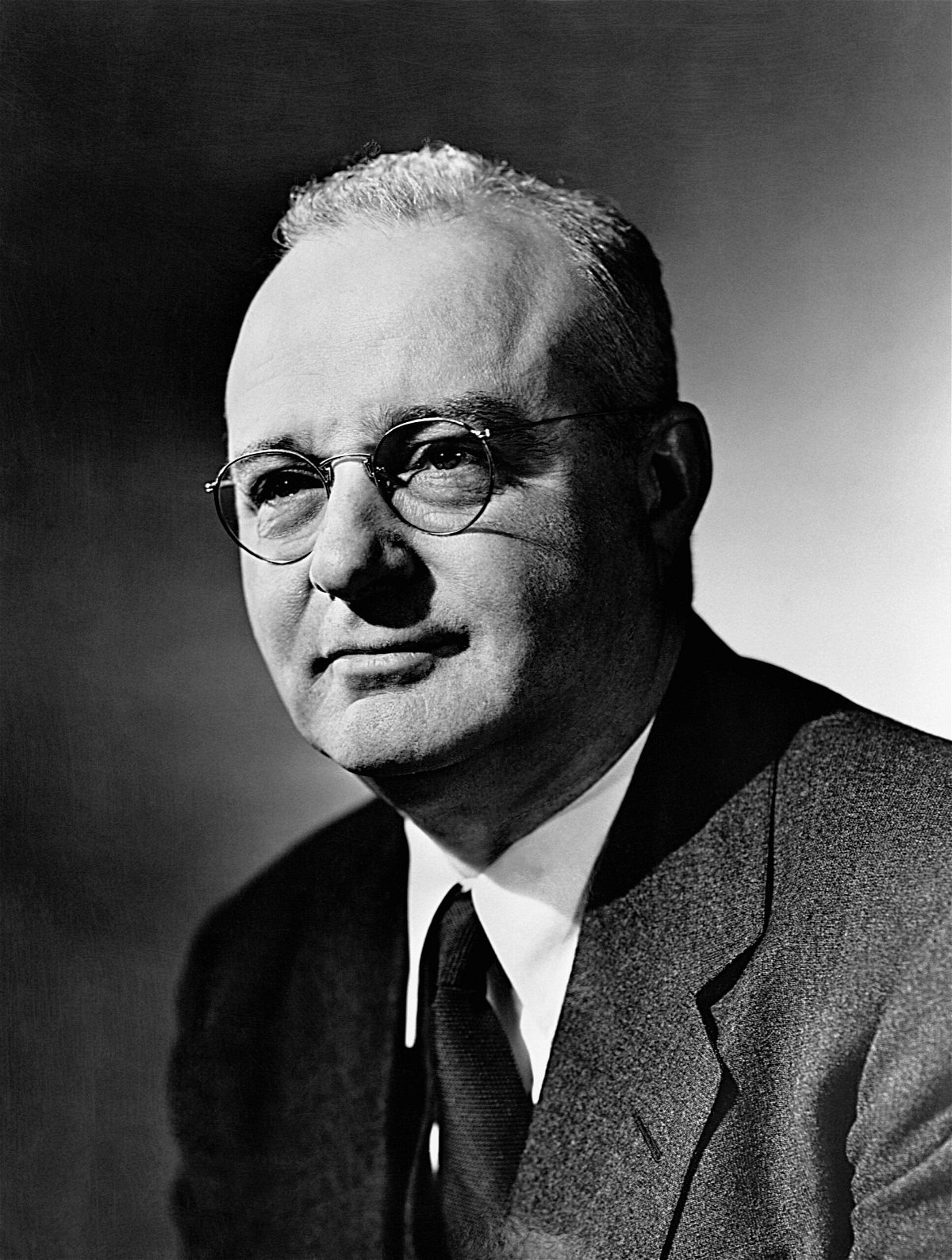The Legacy of Innovation: Balancing Progress and Environmental Impact
Written byTimes Magazine

Once celebrated as transformative advancements, an inventor's innovations have now become synonymous with enduring challenges that resonate across generations. This reflection underscores the dual nature of scientific progress and its profound, lasting impacts on our world.
Initially, the inventor's achievements were lauded for their potential to revolutionize industries and improve living standards. Innovations such as synthetic chemicals and industrial processes promised unprecedented prosperity and efficiency.

However, as time passed, the unintended consequences of these innovations became increasingly evident. Synthetic chemicals, once marvels of modern science, began to contaminate ecosystems and pose risks to human health. Industrial methods, driven solely by productivity gains, often neglected environmental impacts, exacerbating issues like climate change and resource depletion.
Today, societies worldwide grapple with the aftermath of these inventions, striving to mitigate their effects and transition toward sustainable alternatives. The disasters left in their wake serve as a stark reminder of the urgent need for foresight and responsible innovation in scientific endeavors.
The inventor's narrative illuminates the evolving relationship between technology and society, highlighting the imperative for a conscientious approach to scientific progress. It prompts reflection on how future breakthroughs can be guided by ethical considerations, environmental stewardship, and the long-term health of our planet.
Trending News

